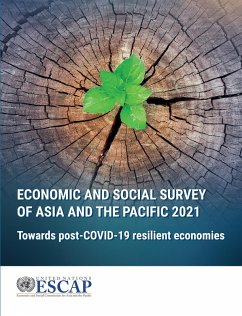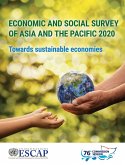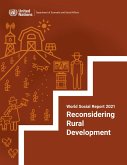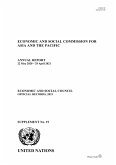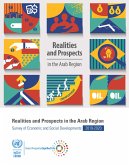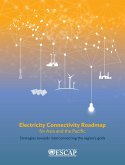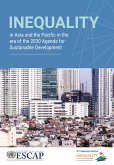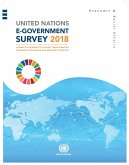Asia-Pacific's recovery from its weakest economic performance in recent history remains fragile and can be "K-shaped" due to the likely unevenness of the COVID-19 vaccine roll-out, policy space and structural weaknesses across the region. Asia-Pacific is no stranger to crises that leave behind a severe social and economic impact. But a better understanding of the complex risk landscape and a comprehensive approach to building resilience have become imperative in the wake of the COVID-19 crisis. Building resilience into policy frameworks and institutions requires aligning fiscal and monetary policies and structural reforms with the 2030 Agenda for Sustainable Development. The Economic and Social Survey of Asia and the Pacific 2021 proposes an illustrative 'build forward better' policy package for resilient post-COVID-19 economies. It aims to ensure universal access to healthcare and social protection, close the digital divide, and strengthen climate and clean energy actions. Estimated to reduce the number of poor in the region by almost 180 million people and cut carbon emissions by about 30 percent in the long run, the proposed policy actions would likely add minimal fiscal burden for most, with the exception of some less developed Asia-Pacific countries. Policy options to meet immediate and medium-term financing needs for building resilience are also examined herein - including debt service suspensions, debt swaps for development, sovereign bond financing, public debt management, emergency financing mechanisms, and sustainable investing by public institutional investors.
Dieser Download kann aus rechtlichen Gründen nur mit Rechnungsadresse in A, D ausgeliefert werden.

